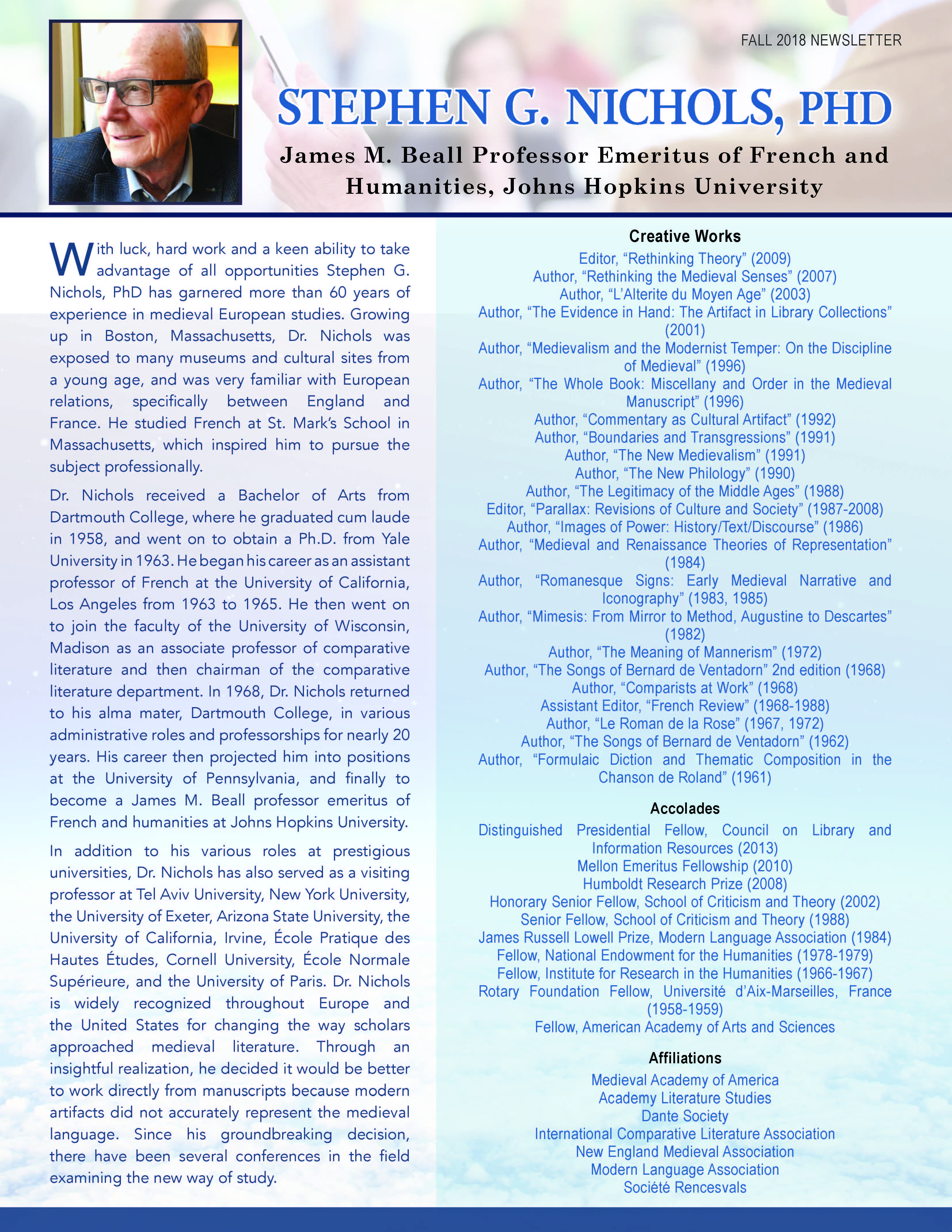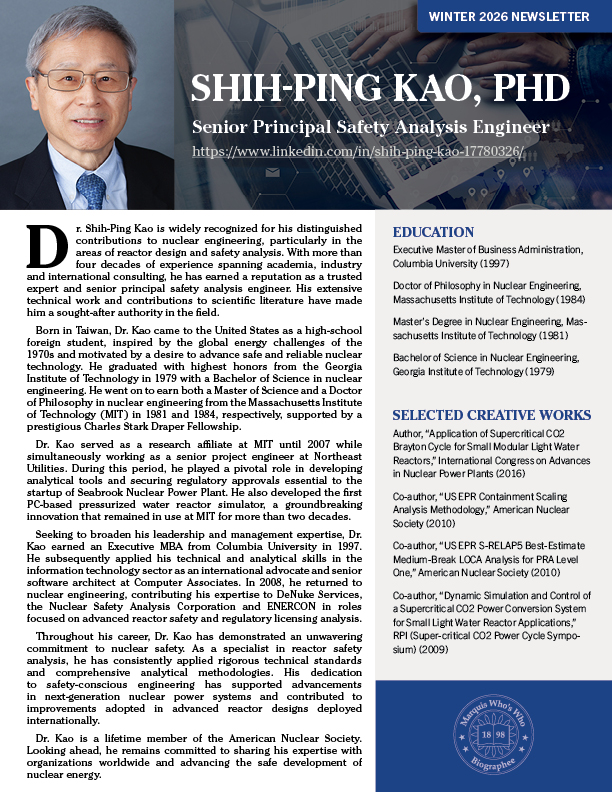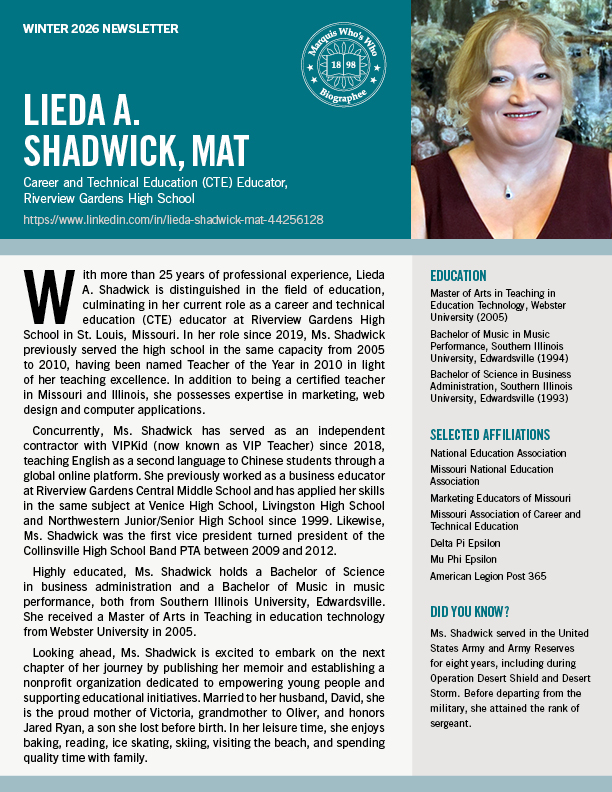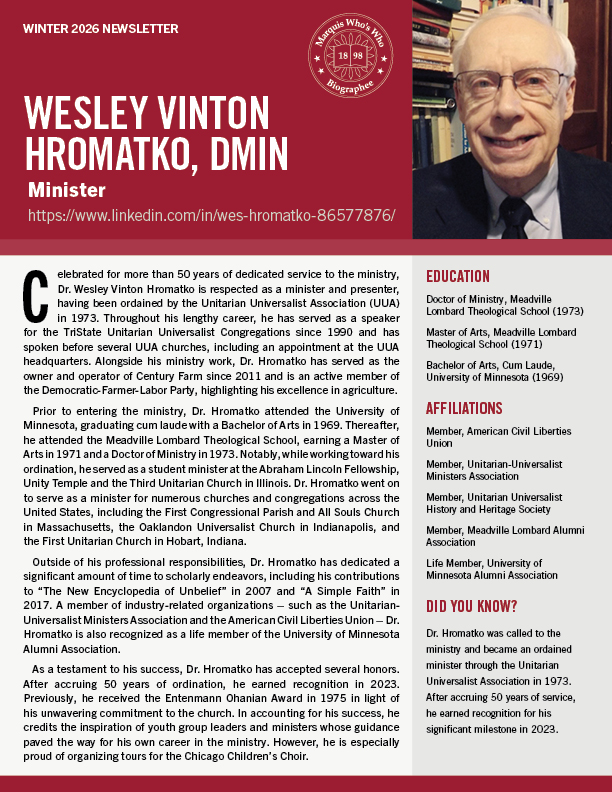
With luck, hard work and a keen ability to take advantage of all opportunities Stephen G.
Nichols, PhD has garnered more than 60 years of experience in medieval European studies. Growing up in Boston, Massachusetts, Dr. Nichols was exposed to many museums and cultural sites from a young age, and was very familiar with European relations, specifically between England and France. He studied French at St. Mark’s School in Massachusetts, which inspired him to pursue the subject professionally.
Dr. Nichols received a Bachelor of Arts from Dartmouth College, where he graduated cum laude in 1958, and went on to obtain a Ph.D. from Yale University in 1963. He began his career as an assistant professor of French at the University of California, Los Angeles from 1963 to 1965. He then went on to join the faculty of the University of Wisconsin, Madison as an associate professor of comparative literature and then chairman of the comparative literature department. In 1968, Dr. Nichols returned to his alma mater, Dartmouth College, in various administrative roles and professorships for nearly 20 years. His career then projected him into positions at the University of Pennsylvania, and finally to become a James M. Beall professor emeritus of French and humanities at Johns Hopkins University.
In addition to his various roles at prestigious universities, Dr. Nichols has also served as a visiting professor at Tel Aviv University, New York University, the University of Exeter, Arizona State University, the University of California, Irvine, École Pratique des Hautes Études, Cornell University, École Normale Supérieure, and the University of Paris. Dr. Nichols is widely recognized throughout Europe and the United States for changing the way scholars approached medieval literature. Through an insightful realization, he decided it would be better to work directly from manuscripts because modern artifacts did not accurately represent the medieval language. Since his groundbreaking decision, there have been several conferences in the field examining the new way of study.
Contact Dr. Nichols:


